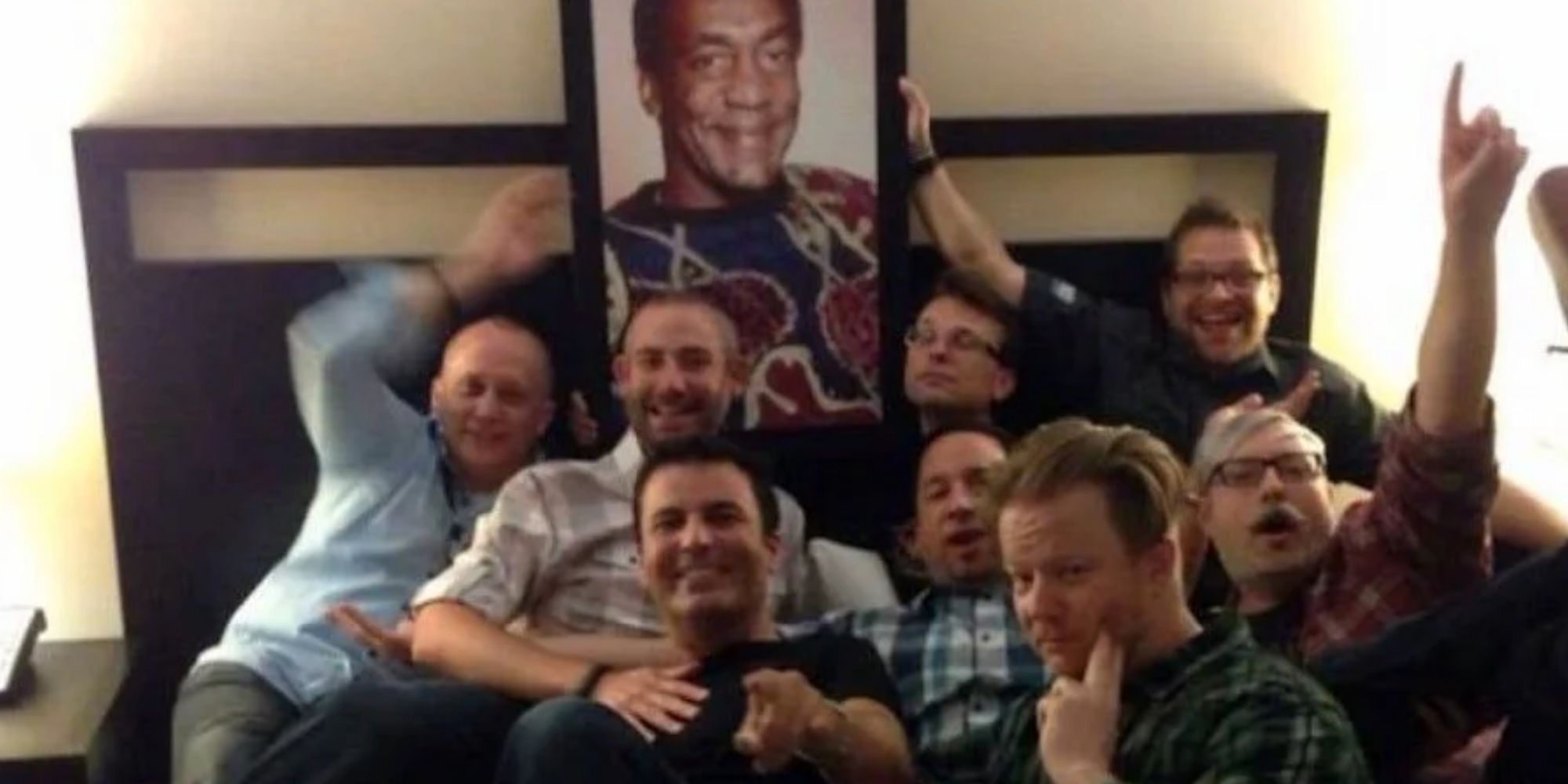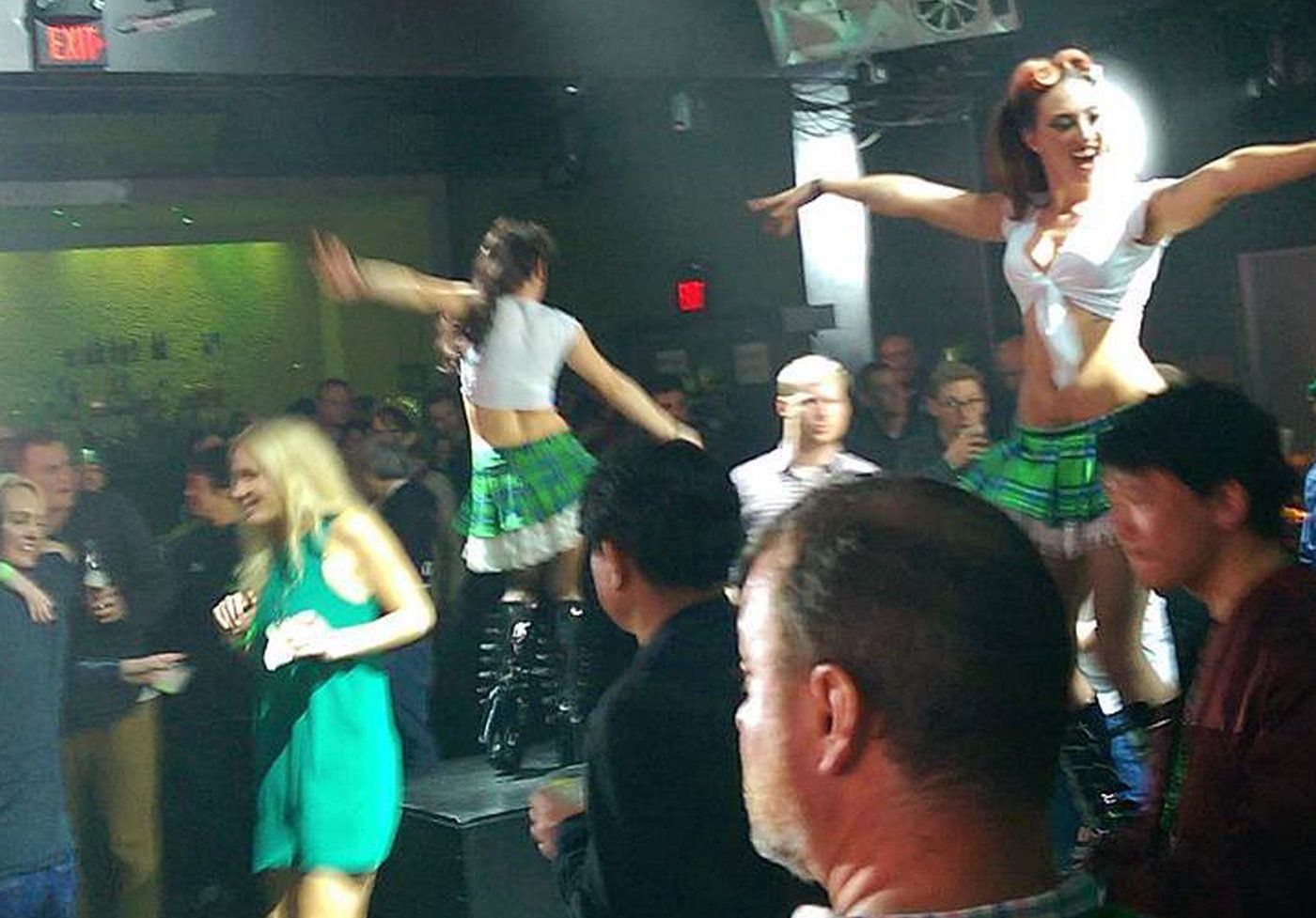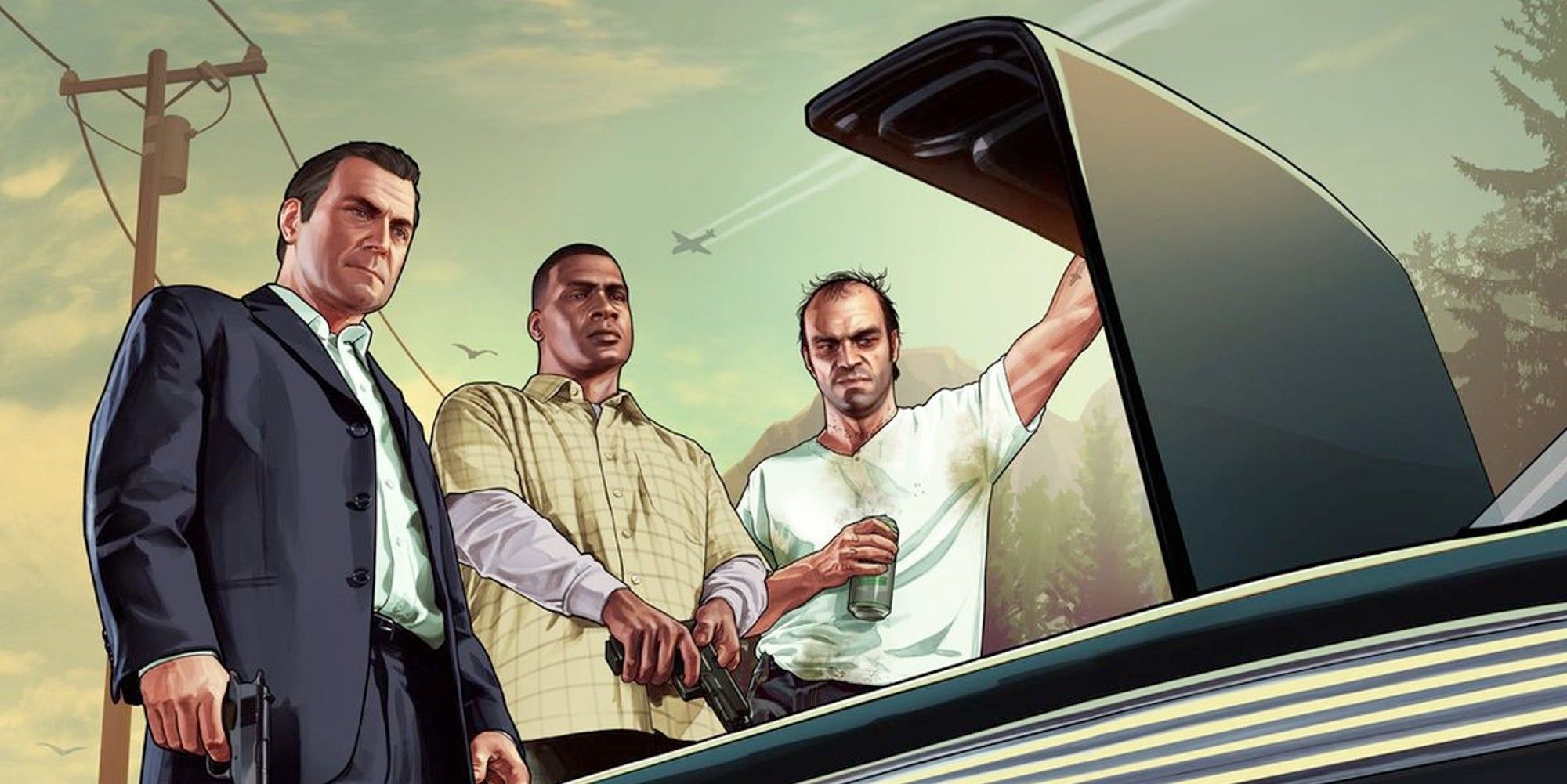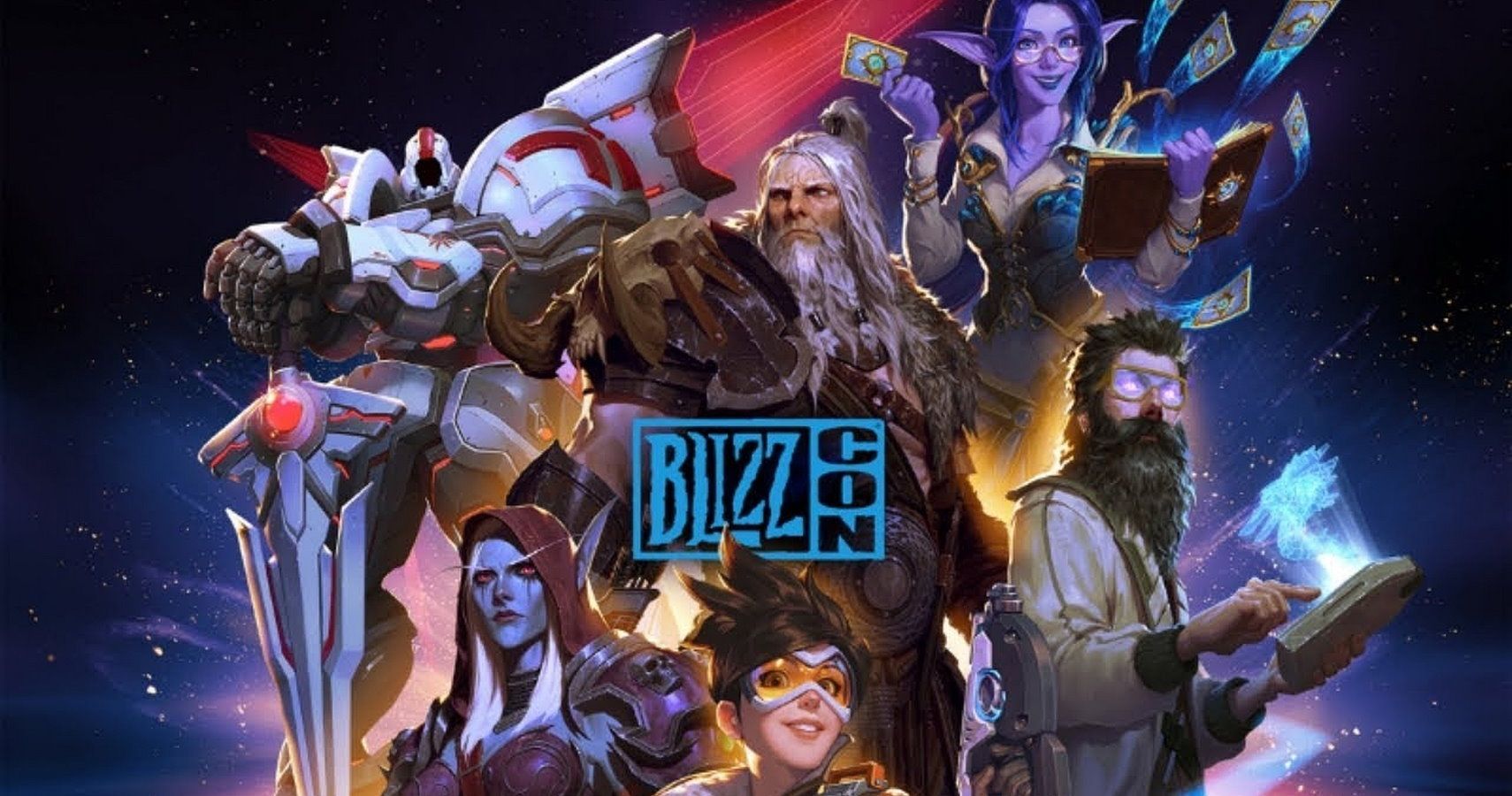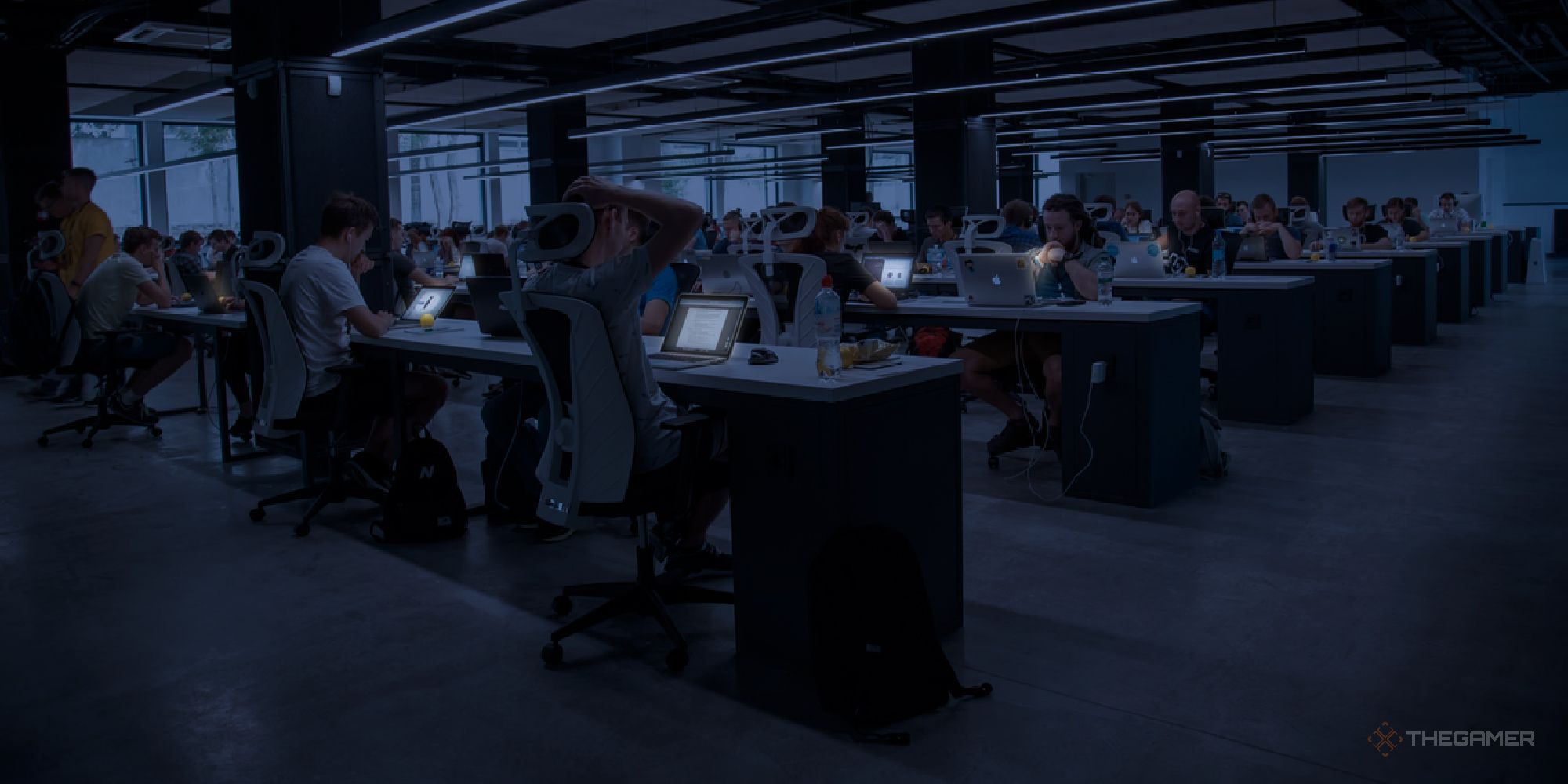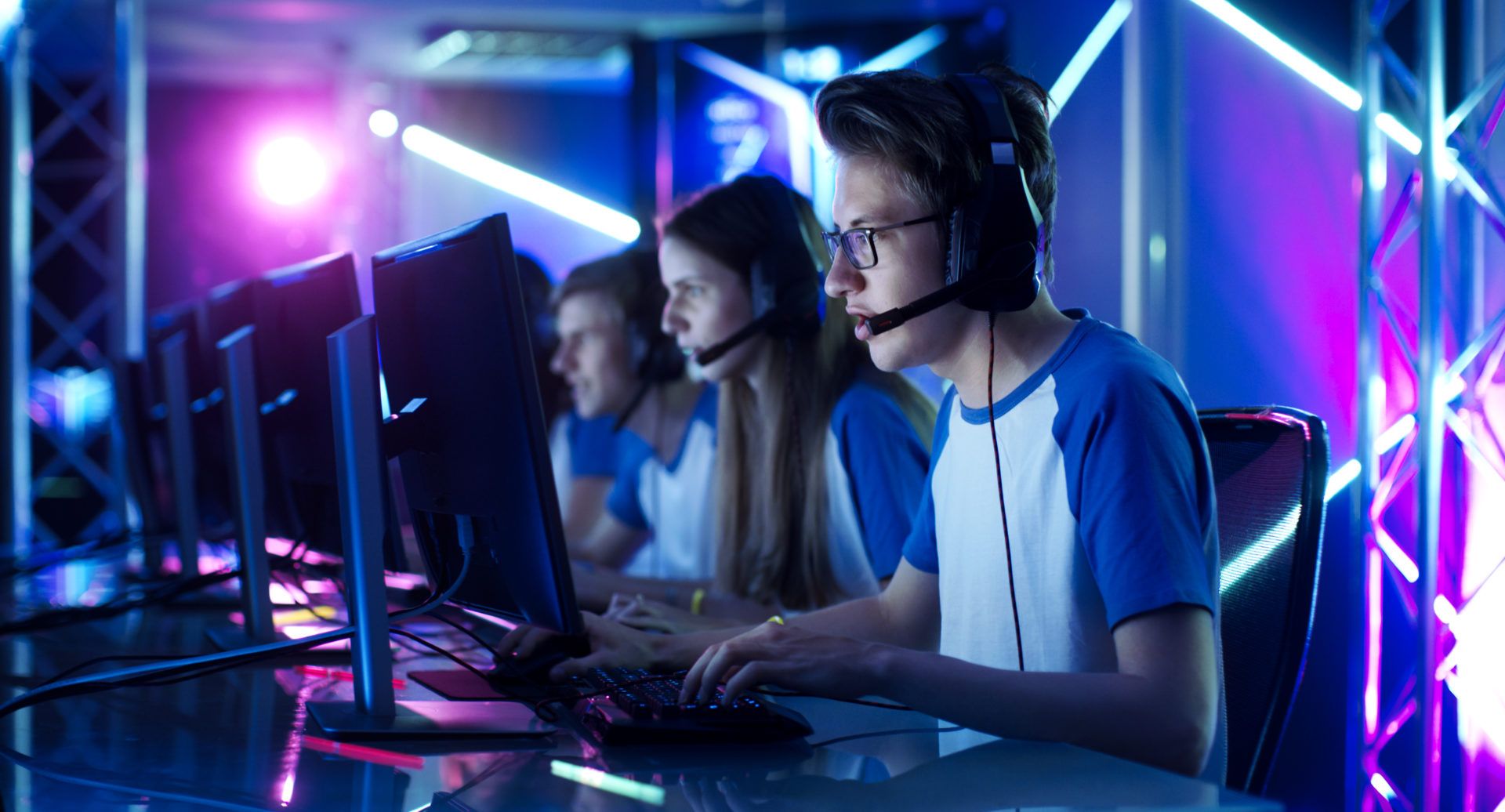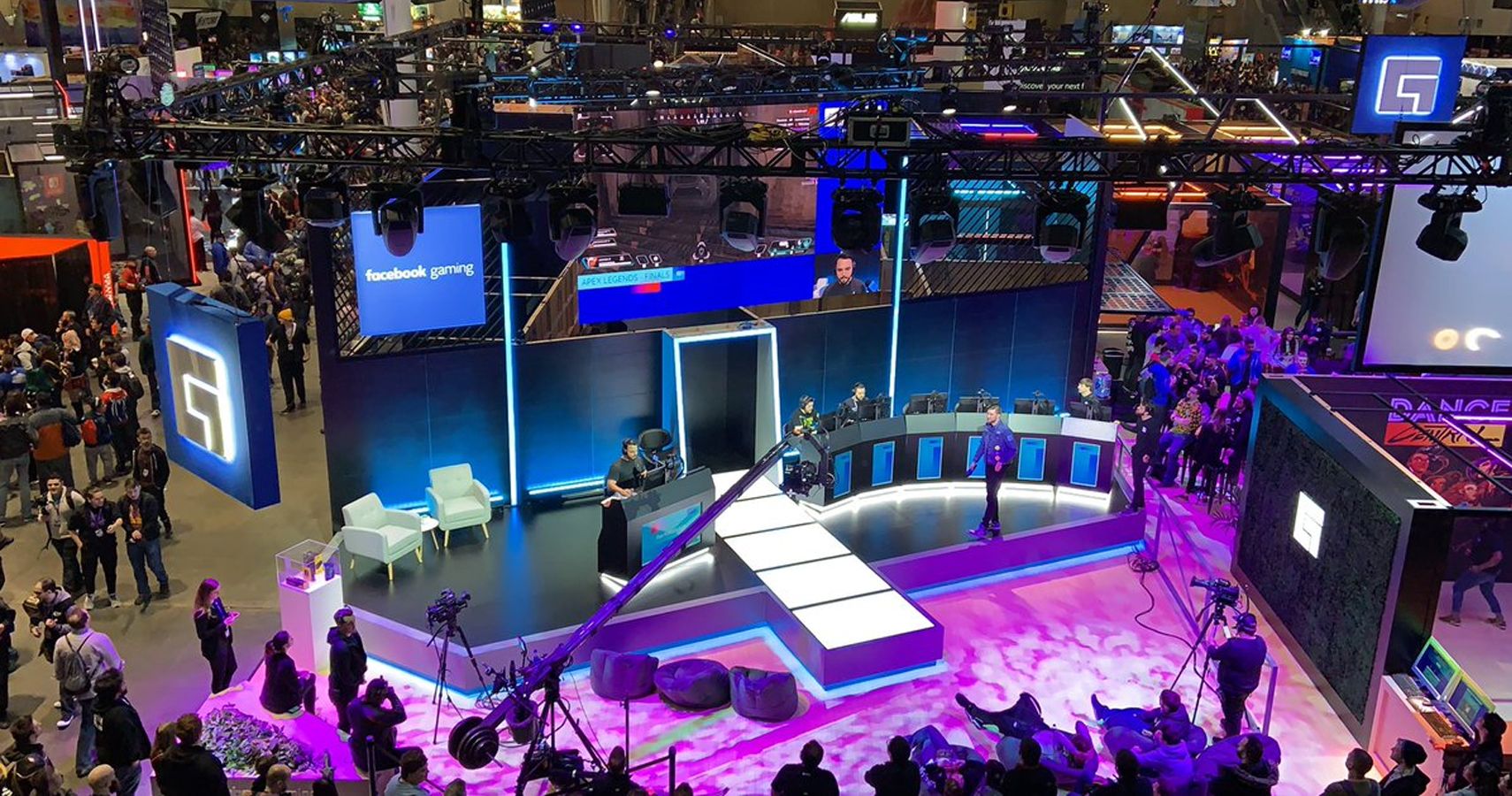When Anna attended her first games industry event ten years ago, it came with a warning from her boss.
“I should be nice, but not too nice to the male attendees,” she recounts. “It might get taken the wrong way, he didn’t want me to end up in a bad situation. He was preempting this kind of behaviour from the men in attendance.”
He was right to warn Anna (not her real name) about these events. It was an afterparty for a recent expo, which many attended for networking opportunities.
“I was subsequently followed around the venue by a man incessantly,” she says. “You only need to look at photos from the early days of the industry expos, where things like booth babes were really common, to get a read on how the atmosphere of these events was incredibly hostile towards women.”
Anna is speaking to me in the wake of yet another industry event, one held specifically for women, being described as a “men’s preying ground”. The Activision Blizzard sponsored GDQ afterparty, held by Women In Games International, was called out on social media for failing to protect its attendees. One woman who attended claimed that “several inappropriate men” were allowed to enter, one of which kept touching her.
One thing these events had in common is the prevalence of alcohol. On all sides of the industry, many networking opportunities take place in bars and clubs. Much of the frat boy behaviour that took place at Activision Blizzard apparently happened on boozy work outings, especially in BlizzCon’s infamous “Cosby suite”. This room, which pictures reveal to be excessively full of alcohol, was linked to incidents like senior developer Alex Afrasiabi allegedly forcibly kissing and putting his arm around female coworkers – to the point where he had to be pulled off them by other men.
Many of these events offer unlimited alcohol too, which Anna feels contributes to the toxic culture in games. “It sets up the tone to keep drinking as much as you can, as it’s just there readily available.”
Even among those who enjoy alcohol, it can all be too much. “I have always been extremely social and friendly, and alcohol makes these traits even stronger,” says Marion Mỹ Anh, senior community manager at Team17. “The issue is that gaming industry or not, men tend to assume that it means [I’m] open for more than a discussion or drink – that it has to mean that I'm flirting with them.
“I don't go to any event, internal or public, without someone I fully trust […] I never feel safe enough to drink more than one or two glasses if I don't have someone I fully trust by my side.”
These anecdotes have been consistent with research conducted on the subject. Taylor Hardwick is studying safety at gaming events for her PhD, and shares what she had found in her investigation.
“People I’ve spoken to throughout my research, regardless of gender, race, sexuality, able-bodiedness and so on, have generally characterised alcohol at games industry events as a huge safety concern,” she says. “Women in particular
expressed that events that revolve around drinking lead to them feeling alienated, unsafe, and unwelcome.”
However, it is not always necessarily the alcohol itself that’s a cause for concern. “Bars were often singled out as inappropriate spaces for networking for reasons other than alcohol consumption – they are usually loud, dark, and can be physically inaccessible”, Hardwick says. “There’s also an added issue with these events often taking place at night, and in new or unfamiliar cities for many attendees, adding to safety concerns for women and people of colour.
“The people in positions of leadership at development studios and industry events still predominantly comprise white men, and without a greater level of equity and inclusivity in those higher leadership positions it’s less likely the needs of more vulnerable people will be considered and accounted for.”
Understandably, even among those who like to drink, party settings aren’t for everybody. Even more so for women and gender minorities, who may not feel safe drinking in these environments. But even if these people accept the disadvantage they’ll face in their careers by not partaking in the industry’s rampant drinking culture, that doesn’t mean the workplace itself is safe. In some companies, a culture of excessive drinking bleeds into the day-to-day work life, and this is where we’ve seen men feeling uncomfortable too.
Rockstar employees have previously spoken out about a “cult-like mentality” that pressured them into attending work events at strip clubs. Jeronimo Barrera, VP of product development at Rockstar, was well known in the company for his “drunken antics and pranks gone awry”, including an incident when he allegedly assaulted a game designer while drunk. He also reportedly told workers who didn’t attend these social events that they would be fired.
Judging from Hardwick’s research, this is hardly an isolated incident. “So many women in the games industry have told me that they have felt a pressure to drink men under the table in order to be seen as a legitimate member of the community, and that if they don’t participate in drinking then they have missed out on job opportunities,” she says. “This is simply an unsustainable way to grow the industry, and to foster an environment of genuine inclusivity and diversity.”
Of course, it would be remiss to discuss alcohol in the industry without getting into why many of us want to be here in the first place: gaming has been a hobby for most of us, and being part of the industry that you love is a life-long dream. It’s an industry that came from scrappy beginnings, in which many big companies sprung from just a few mates developing games from their basement, often without an HR department.
Yet, it’s this very promise of fun and dream fulfilment that has been weaponized to lull developers into the industry, keeping them in these positions despite low pay, mistreatment, and excessive overtime. Looking into employment rights when this seems less like an actual job and more of a passion project, can feel somewhat undeserved to some. Thus the same mentality can be erroneously applied to the industry’s love for alcohol: if we’re here to have fun, why not book an open bar for the next work meeting?
But with so many big gaming figures facing allegations of misconduct, it’s difficult to see the necessity of booze at professional events. A recent study in the UK found that only 21 percent of women would like to see alcohol served at work events, which brings forth a new concern: we’re putting women off joining an industry which is already dominated by men. And of course, there are those who don’t drink for a variety of reasons: Muslims who don’t drink due to their religion, recovered alcoholics, those with a medical condition that prevents them from consuming alcohol – these are all groups who will have to navigate an industry with a strong preference for alcohol, and whose life is made harder by the industry’s inability to network without drinking. And if the Rockstar case has taught us anything, they might be forced to participate in these events against their will.
For many non-drinkers, these events are often described as “inaccessible” and “hostile”, according to writer Jini Maxwell. “Alcohol might be a social lubricant for some, but for others, it can be alienating, or even dangerous,” they write, specifically highlighting the issue of sexual harassment in the industry as something that can be exacerbated with alcohol.
This isn’t to say that this culture of drinking is always actively malicious. A former GOG employee reached out to me, explaining just how normalized drinking in the office has become.
“Back when I was working at GOG we were drinking in the office during after-hours company parties. And sometimes when we worked on a late-night game release we were offered wine,” they say. “There is [a] video games company in Warsaw which openly advertises in their job postings that they always keep cold beer in the fridge.”
They had no thoughts on the topic besides this, indicating that GOG’s offers of alcohol hadn’t caused issues. However, they do say that it is “definitely a problem in the industry”, as it is just so unavoidable if drinking is something you’d rather not partake in.
The former GOG employee also spoke about how alcohol is included in press kits, with little regard for the preferences of the person they are being sent to. Some have since opted to ask the recipient if they would like to receive alcohol as part of the kit, however, in an effort to be more inclusive to those who don’t drink for personal reasons.
Ultimately, what we have learnt through stories such as Anna’s and Rockstar employees is that predatory behaviour is unfortunately commonplace in these party settings, regardless of where these events are held. At least with the press kits, they’ll be drinking in the privacy of their own homes, but it still adds to this trend of the prevalence of alcohol across all facets of the industry.
However, events moving to the home and online still doesn’t guarantee safety of their participants. “There are slightly fewer barriers to entry, depending on the platform a digital event is taking place on,” Hardwick tells me, explaining how bad actors have slipped through the net during online mixers. “At events that I’ve researched, there have been huge issues around having fewer resources for moderation at digital events than they usually would for security or volunteers at in-person events.”
Until all the Cosby suites of the industry have been rooted out, it’s hard to see how a large gathering of game workers can be trusted with an open bar. Many of the industry’s upper management has yet to stamp out – or stop participating in – sexual harassment and assault while sober, let alone under the influence of alcohol.
“Rather than saying the industry can’t be trusted, I question whether an open bar is necessary at all at networking events,” Hardwick says, speaking about the future of these events. “Giving people the choice of whether to drink alcohol or not is one thing, but making it free and limitless seems to be playing with fire.
“Violence against women is rampant, particularly when alcohol is involved… this ‘boys club’ atmosphere in combination with issues around assault and harassment that are being more widely spoken about in the industry in recent years makes for a toxic cocktail when alcohol is added into the mix.”
For some, a party is a playground. For others, it’s a minefield. Even if an event goes off without a hitch, the rampant gender and structural inequality in the games industry means that some people will be more susceptible to abuse. Many devs, especially women and gender minorities, have to take a litany of precautionary measures to keep themselves safe.
Until people like Anna can enter the industry without being given instructions on how to not be assaulted, drinking culture will continue to contribute to the tragically small number of women and minority groups in the industry. And with alcohol being at the centre of many abuse allegations, it’s time to reassess all of the conventions, afterparties and social gatherings, and look towards a future where alcohol-free events will become the norm, rather than the exception.
Source: Read Full Article

